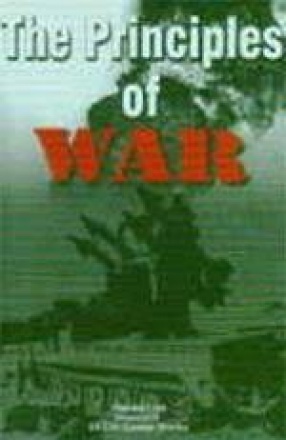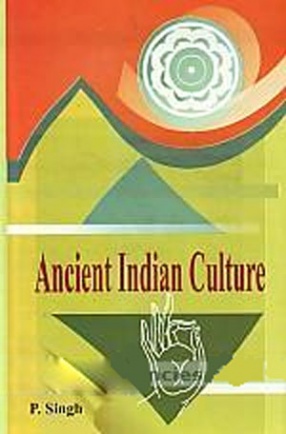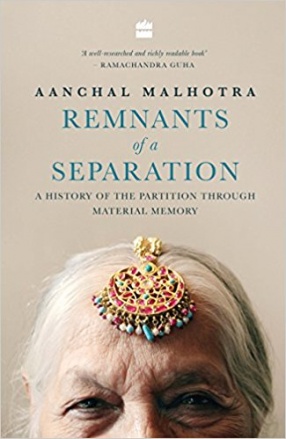Can war be taught? Does its nature allow it to be taught? Are basic questions which all those engaged in the profession of wars have to ponder. With the exception of the common denominator: the man, no two wars have been the same. Inspite of its variable nature war schools have flourished. Foch then a lieutenant colonel discussed some theorms or principles of war in a series of lectures at the French Staff College in the early years of the present century. These were first published in 1903 and the present edition in 1918. With this limited scope and study of battles which are long past many changes have taken place in our concept, understanding and nature of war due to improved weapons and mobility, necessitating better tactical use of ground. This historical study leads Foch to a "theory of war, which can be taught and the shape of a doctrine" which his pupils were to be taught to practice. He explains it further: what is meant by these words is the conception and the practical application not of a science of war nor of some limited dogmas composed of abstract truths outside which all would be heresy, but of a certain number of principles, the application of which, though they will not be open to discussion once they shall have been established, must logically vary according to circumstances which always tending towards the same goal and that an objective goal". The doctrine was to extend itself to the higher side of war also be a common manner of seeing, thinking and acting so as to constitute a discipline of a mind common to all. Foch, however, maintains that "the theory of the art of war does not lay claim to forming Napoleons but it supplies a knowledge of principles of troops and ground." Some of these noted by him are: The principle of economy of forces. The principle of freedom of action. The principle of free disposal of forces. The principle of security etc…… After quoting Napoleon, Llyod, Marshal Bugeaud and Jomini, Foch asserts: "the art of war, like every other art, possesses its theory, its principles, otherwise it would not be an act." Study and management go hand in hand and he lays great emphasis on reflexion and meditation as Napoleon practiced them. While the reader will surely follow the reasoning while going through the book, Napoleon’s remarks on this aspect of security are not out of place. "An army must be ready every day, every night and at every hour, to oppose all resistance of which it is capable; this requires that all the various divisions of the army be constantly in position to help, support, and mutually protect each other; that, when ever troop are camping, halting or marching, they should adopt such advantageous disposition as are required on the battle-field itself; namely that the flanks be supported and that all missile, weapons shall be available under the most favourable conditions. In order to comply with those conditions, it is necessary when marching in column, to provide advance guards and flanking parties who should scout ahead and to the right and to the left far enough off all sides to allow the main body to deploy and take up its positions." In line with this edict Foch also says that the advance guard as in the final analysis, the book is more a study of tactics, a discussion of certain fundamental points in the conduct of troops employed in certain than principles of war. However, principles of war know them today are all too apparent in the thesis.
Ancient Indian Culture
$63.90
$71.00





There are no reviews yet.